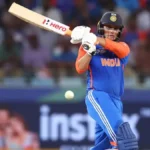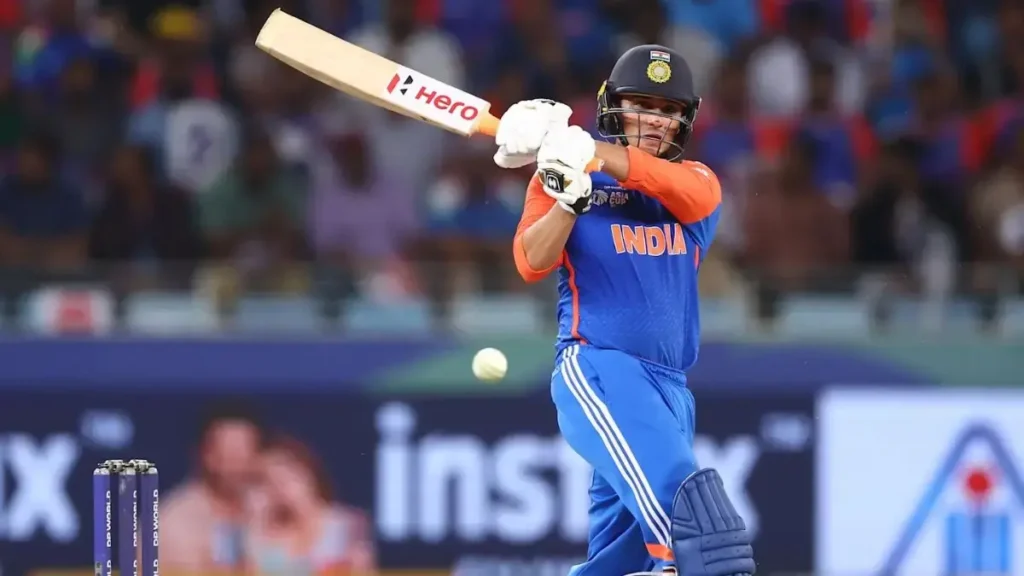ArdorComm Media News Network
October 24, 2025
India’s once-booming sports broadcasting market is undergoing a sharp correction, weighed down by broadcaster consolidation, the ban on real-money gaming (RMG), and challenging time zones for upcoming global events. As a result, global sports bodies like FIFA and the International Olympic Committee (IOC) are finding it increasingly difficult to secure higher media rights deals from Indian broadcasters, industry insiders revealed.
Both FIFA and the IOC are reportedly eyeing over $100 million each from the Indian market — nearly four times what local networks are prepared to offer. In comparison, India contributed around $61 million for the Qatar 2022 World Cup and $31 million for the Paris 2024 Olympics during the last rights cycle.
FIFA floated its invitation to tender (ITT) in July for the 2026 and 2030 World Cups, while the IOC launched a similar tender for the 2026 Milano Cortina Winter Games and the 2028 Los Angeles Olympics. However, progress has been sluggish as Indian broadcasters balk at the steep asking prices.
The market’s competitive edge has dulled significantly, with only two major contenders — JioStar and Sony — now dominating negotiations. JioStar, heavily invested in cricket, is reluctant to stretch further, while Sony remains conservative amid weak advertising prospects for non-cricket sports.
The government’s ban on RMG platforms has also dealt a severe blow, wiping out an estimated ₹6,000–₹7,000 crore from the sports advertising ecosystem — a crucial source of funds for premium sports rights. Compounding the issue, both the 2026 FIFA World Cup in North America and the 2028 Olympics in Los Angeles will air during late-night hours in India, reducing live viewership potential and ad revenue.
Industry veterans argue that global bodies are misreading the Indian market. The IOC, sources say, expects ICC-level valuations due to cricket’s inclusion in the LA28 Olympics, while FIFA is benchmarking against its record-breaking global contracts. “The era of irrational bidding is over,” said a senior media executive. “With broadcaster consolidation, the RMG ban, and inconvenient time zones, even top-tier events don’t offer viable returns. The mismatch between global expectations and Indian realities has never been greater.”
Another executive added that while India’s growing Olympic ambitions — including its potential bid for the 2036 Games — could boost interest, time zone differences and the mandatory feed-sharing rule with Doordarshan under the Sports Broadcasting Signals Act continue to erode the commercial appeal of exclusive rights.
Sources noted that JioStar had initially approached FIFA for a two-cycle rights deal, but the global football body opted for an open bidding process, anticipating higher offers. That strategy has backfired — JioStar has since pulled back, and Sony remains cautious.
Viacom18, which merged with Star India to form JioStar, was the previous rights holder for both FIFA and IOC events. Despite structural challenges, both properties performed decently in their last outings. The Paris 2024 Olympics attracted over 170 million Indian viewers across JioCinema and Sports18, generating roughly ₹110 crore in ad revenues. Since then, JioCinema has merged with Disney+ Hotstar to form JioHotstar, while Sports18 has been absorbed under Star Sports.
Source: Economic Times


